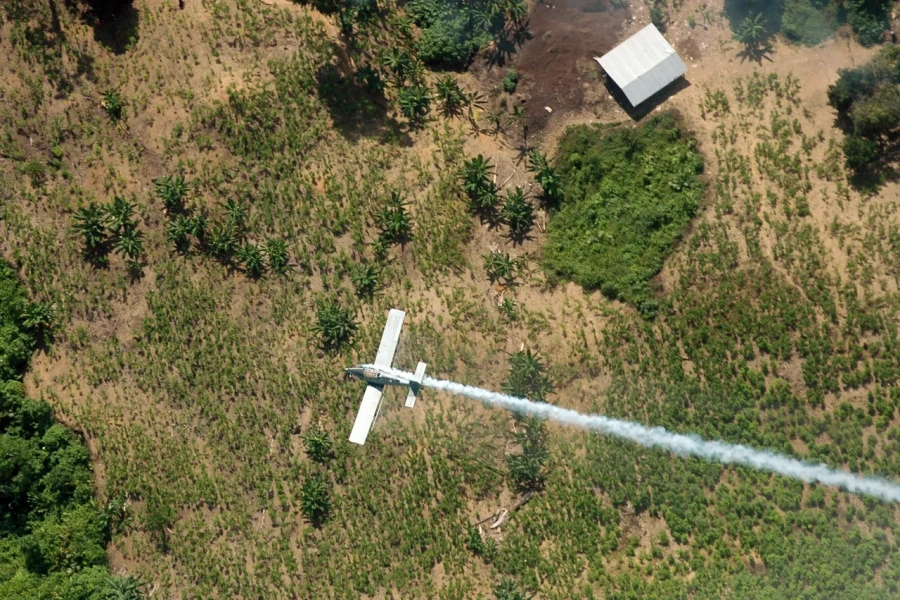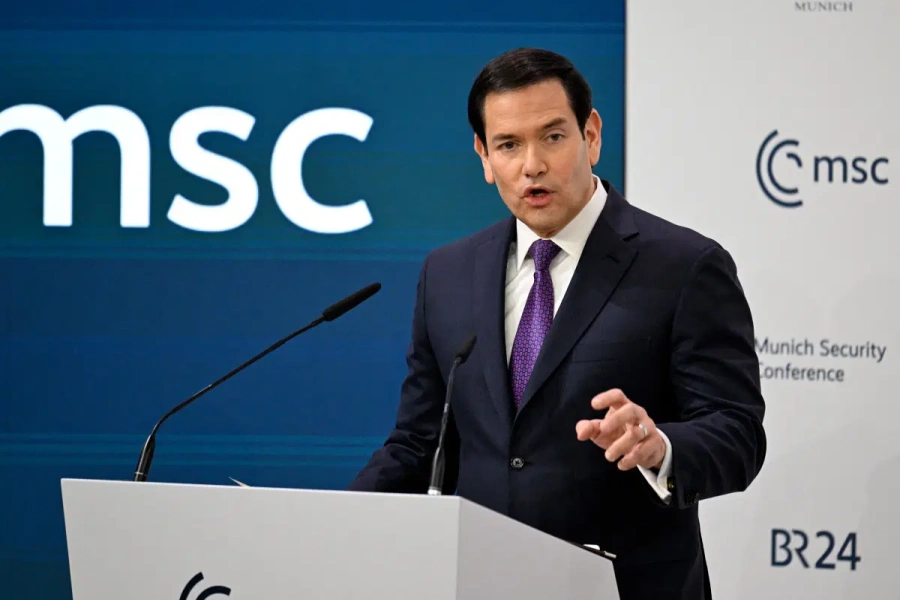The Supreme Court of Nepal has issued an interim order to the government, instructing it to temporarily allow the registration of same-sex marriage and other non-traditional heterosexual couples. It was a landmark decision for the same-sex couples as well as individuals identifying themselves as part of the LGBTIQA+ community.
The court order, issued by Justice Til Prasad Shrestha, requires the government to make the necessary arrangements for registering marriages of couples from sexual and gender minority groups if they wish to do so. As per the court's order, the government must now set up a transitional mechanism to register the marriage of same-sex and non-traditional heterosexual couples, and amend the laws related to marriage in the Civil Code 2017.
While the queer community and their supporters have lauded the court’s order, some politicians have taken it as an affront to their faith and values. One prominent figure offended by the idea of legitimizing same-sex marriage is Kamal Thapa, a former deputy prime minister and the leader of Rastriya Prajatantra Party.
Same-Sex Marriage and Nepal's Constitution
The petitioners argue that despite a Supreme Court ruling 15 years ago that allowed same-sex marriage, the Nepalese law has obstructed the implementation of such marriages. They base their argument on Clause 69 (1) of the National Civil Code 2017, which guarantees the freedom to marry for all individuals, and Clause 18 (1) of the Nepalese Constitution 2015, which states that all citizens are equal under the law. They are demanding the legalization of same-sex marriage based on these constitutional provisions.
What has the LBTQI+ movement achieved in Nepal?
#Sexploration Episode 4 Q &A with the LGBTQI community

The judicial struggle began in 2004 when the Supreme Court of Nepal was asked via a petition if activities, including advocacy, by or on behalf of homosexual and third gender people and other gender and sexual minorities pursued by the Blue Diamond Society, a Nepalese LGBT rights organization, could be banned. The petition alleged that the group is trying to make homosexual activities legal in Nepal.
The petition was rejected by the court. However, when another similar petition was filed, the Nepalese government responded that it had not framed any law to take action against homosexual persons and that there is no clear legal provision to take action against homosexual persons under the offence of bestiality in the penal code then applicable in Nepal. Then, in the case of Sunil Babu Pant versus Government of Nepal (2007), the Supreme Court gave legal recognition to the third gender.
Few months ago, a division bench of the Supreme Court of Nepal, comprising Justices Hari Prasad Phuyal and Tanka Bahadur Moktan, recognised marriage equality in Adhip Pokharel and Tobias Volz versus Ministry of Home Affairs & Department of Immigration case. The court has asked Nepal’s Ministry of Law and Justice to prepare an equal marriage law or amend existing laws to accommodate the principles of equal marriage.
Interestingly, Justice Phuyal, who was on the bench that delivered the judgment in the case related to Adhip Pokharel, represented the petitioners in Sunil Babu Pant as an advocate. He argued that the State has a mandatory responsibility to protect the human rights of its citizens.
The court’s consistent accommodation of rights of gender and sexual minorities through judicial pronouncements is indeed significant, especially in a region where all other countries except Nepal continue to criminalize homosexuality. However, this progress is still mired in legal uncertainty pertaining to the grant of legislative recognition to marriage equality.
So far, the Supreme Court of Nepal has been consistent when it comes to laying down progressive, liberal jurisprudence on the rights of gender and sexual minorities. This has been matched, to some extent, by the Nepalese government.
In 2011, Nepal became the first country in the world to include the third gender in the national census. In 2015, it started issuing passports to the third gender under the category ‘O’ (others). Manoj Shah, also known as Monica, was the first transgender to receive a passport under the ‘O’ category. This happened around the time when the Supreme Court of India also gave legal recognition to the third gender in the National Legal Service Authority versus Union of India (2014) case.
In 2012, a division bench of Justices Kalyan Shrestha and Girish Chandra Lal of the Supreme Court of Nepal, in Prem Kumari Nepali versus National Women Commission case, allowed a habeas corpus petition for a lesbian couple to cohabit on the grounds that the Nepalese Constitution does not prohibit one from spending a life with another person of the same gender.
Disappointment of LGBTQI+ movement in Nepal .
Interestingly, the Supreme of Nepal in Sunil Babu Pant case had also held that the right to marriage is an inherent right of an adult based on their free consent and will. Despite this, Nepal still does not have any law regulating marriage equality or civil union. This is reflected in the fact that the legal status of the first gay marriage that took place in Nepal in 2011 remains uncertain because of the lack of a legislative framework to recognise it.
That is why the gender and sexual minorities were expecting that the 2015 Constitution of Nepal would address this specific concern. Their hopes were to be dashed, as the government instead promised to bring specific legislation to regulate civil union and other related rights for them.
The recommendations of the committee were not adopted nor was the Bill tabled in the parliament. In fact, in 2020, Nepal’s National Human Rights Commission also underscored the need to amend laws but the government continues to sit on these recommendations.
What is the social attitude in Nepal towards gender and sexual minorities?
The Constitution of Nepal does not prohibit members of the LGBTQI+ community from exercising or enjoying their constitutional rights. But there has been a prolonged delay on the part of the government in the effective implementation of the judicial affirmations. This exacerbates the historical prejudice faced by gender and sexual minorities.
Even though the government allowed gender and sexual minorities to get citizenship based on gender identity, applicants face constant bureaucratic hurdles due to lack of social acceptance. An absence of proper documentation deprives them of effective participation in the society and leads to the denial of public facilities such as healthcare services to them.
The LGBTQ+ community has a long battle to fight in order to bring gender equality in Nepal. While the government has not yet implemented most of the laws on gender equality in line with the constitution, it is hard to blindly accept the narrative of Nepal being a global beacon on LGBTQ+ rights. There has certainly been early progress.
However, that progress has so far failed to transcend into laws. Theoretical rights granted by the constitution have not been fully translated into practice. After more than half a decade since the constitution was promulgated, Nepal’s LGBTQ+ individuals are still largely deprived of fundamental rights — and some activists have begun to call it a "setback." Successive governments’ political reluctance to materialize the constitutional rights has certainly left the LGBTQ+ community in limbo. For now, Nepal continues to go through an impasse created because of the dissonance between the judiciary and the legislature.






































